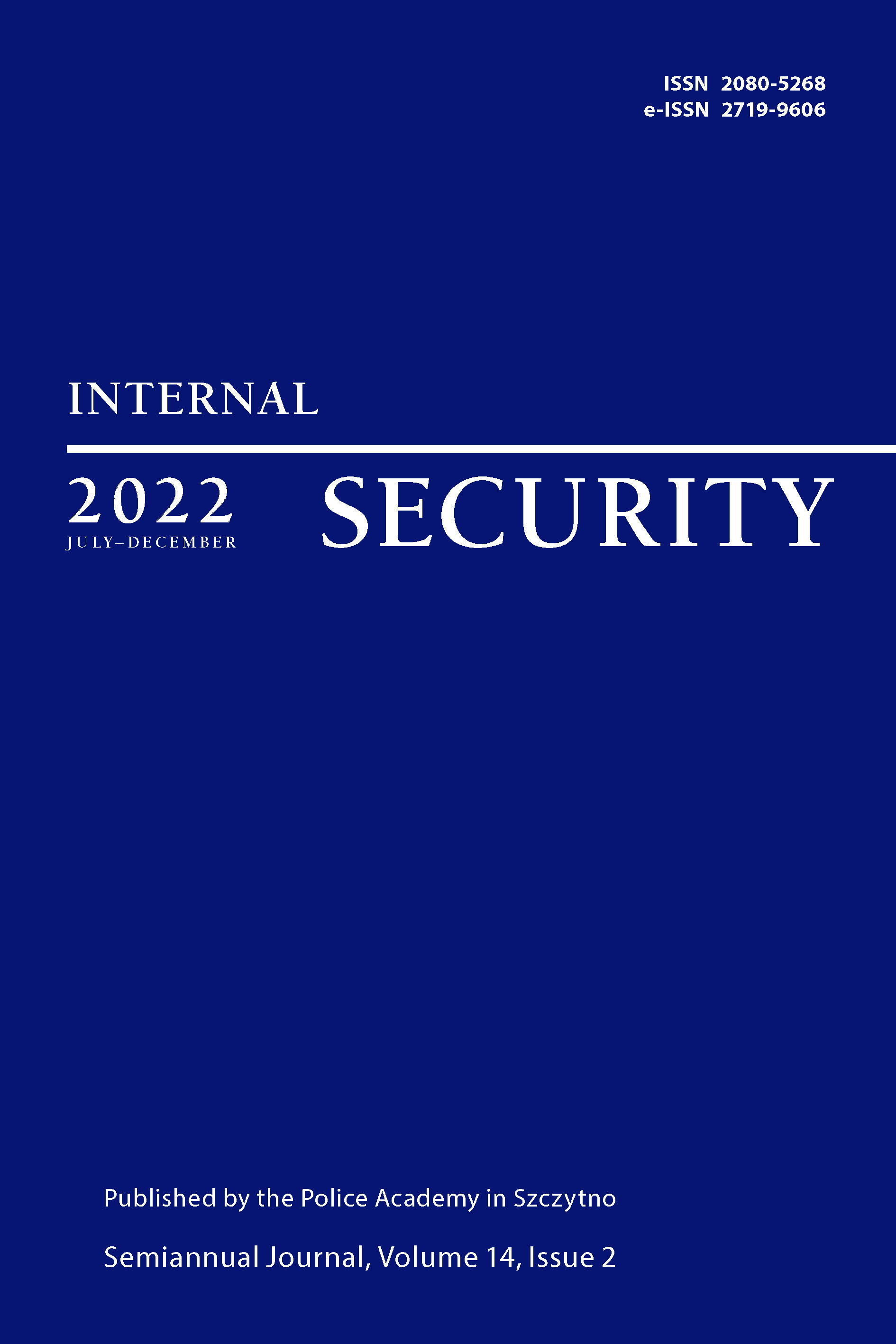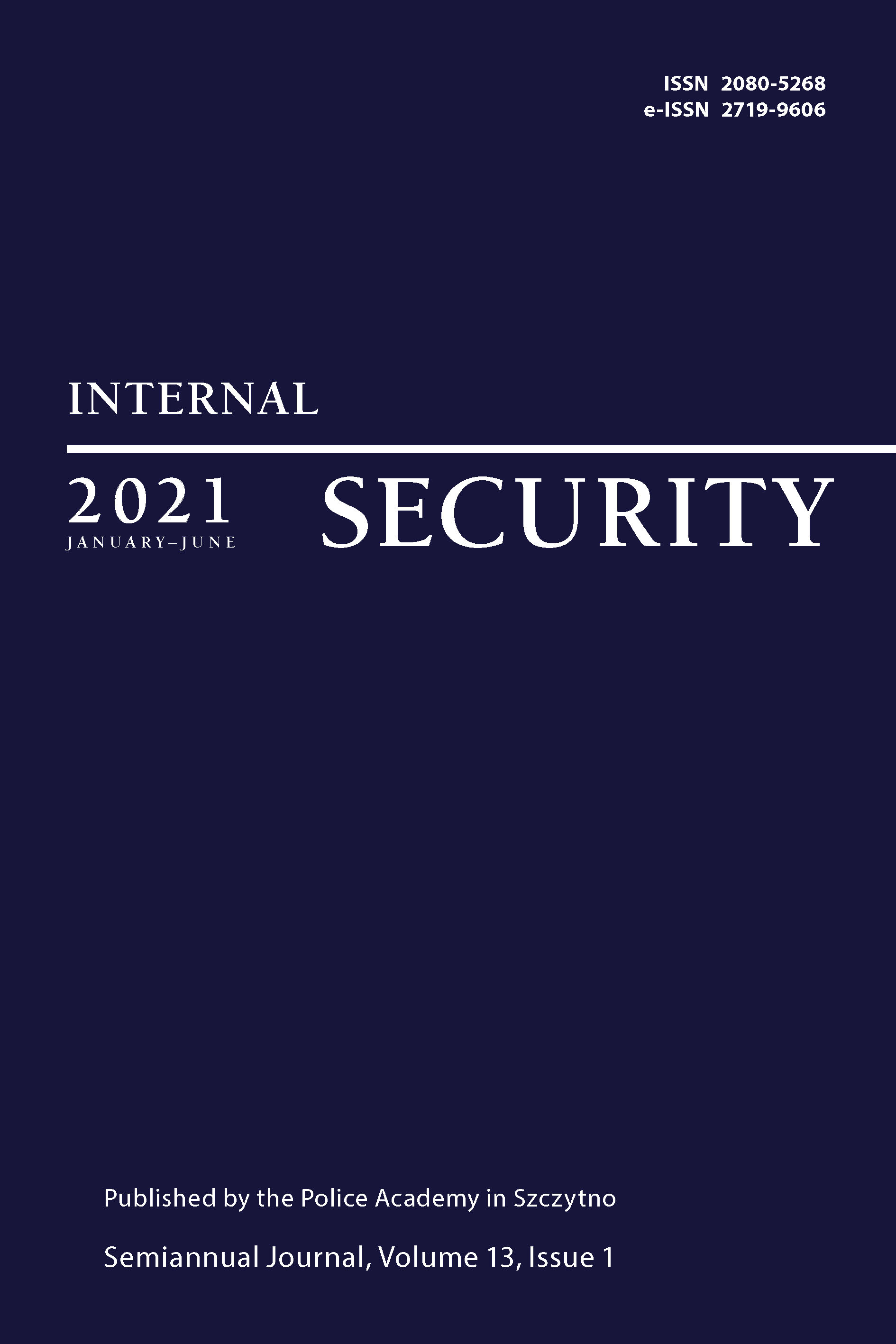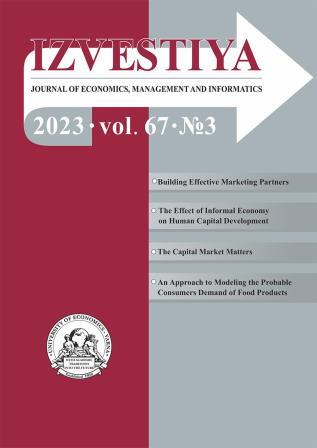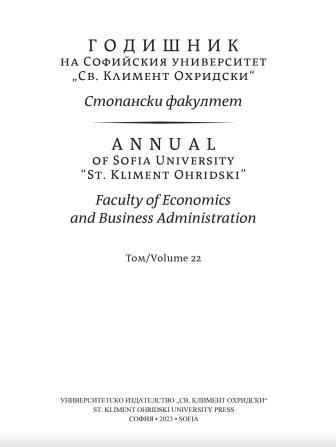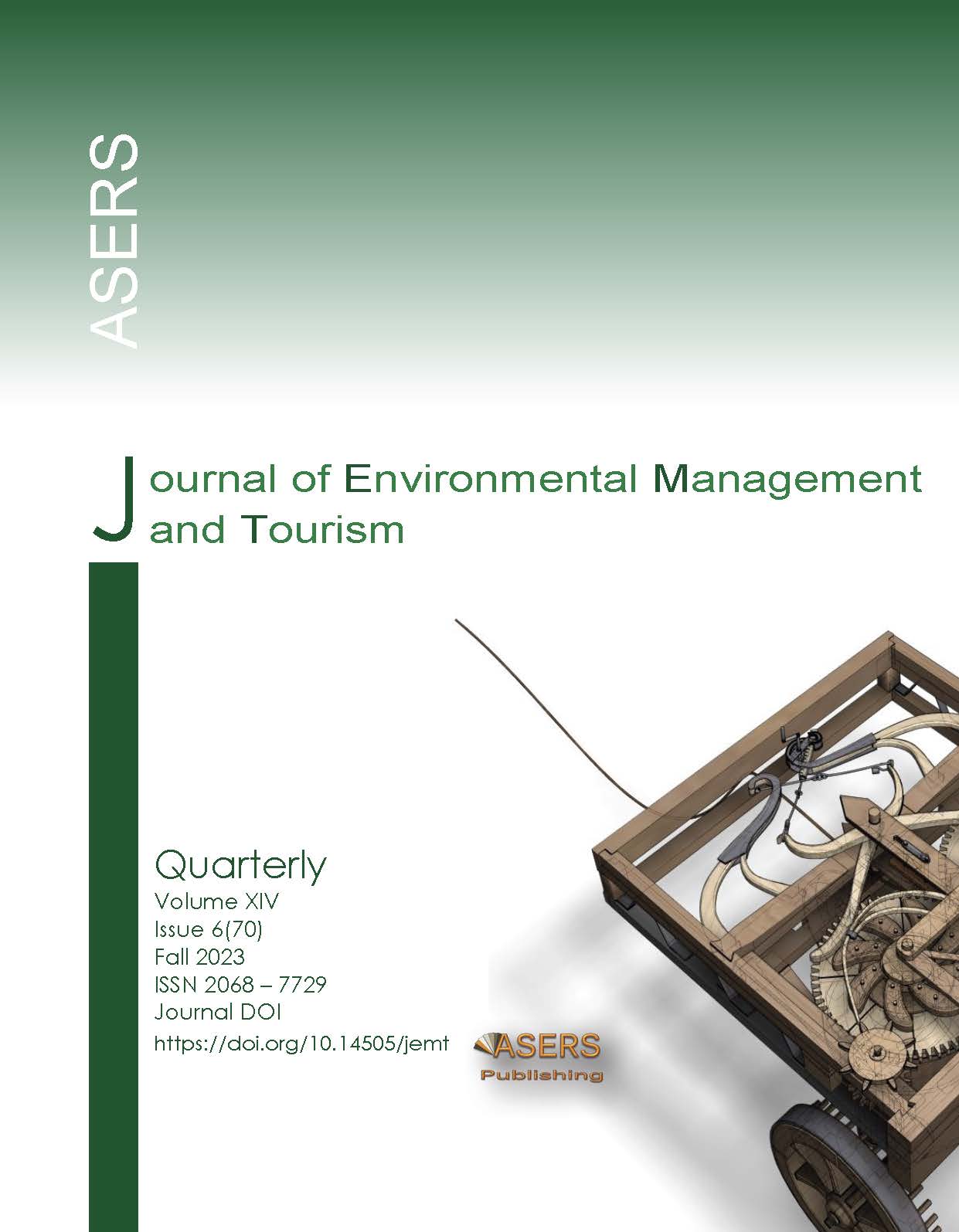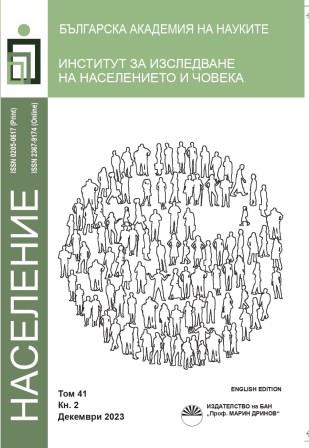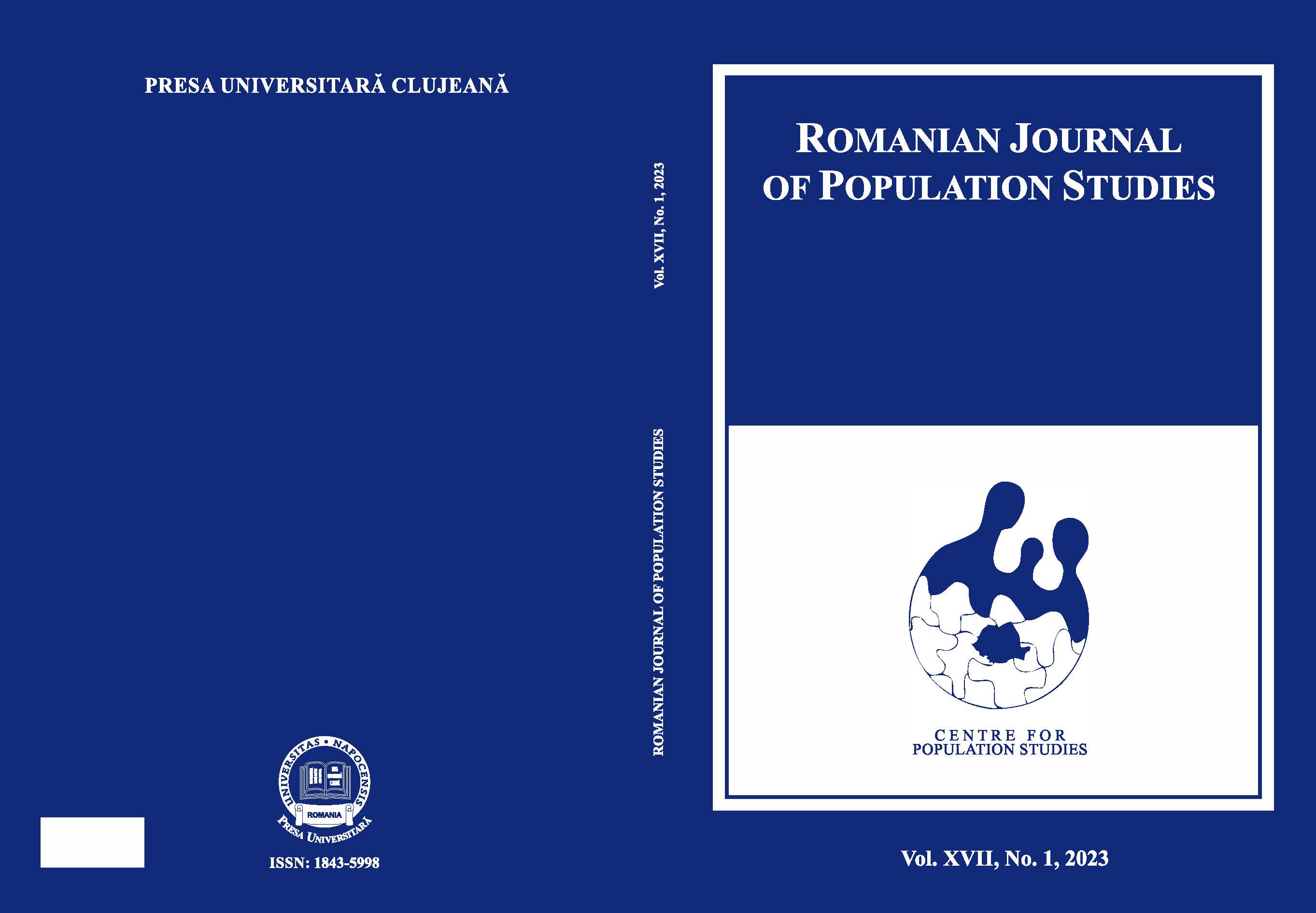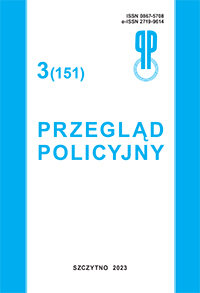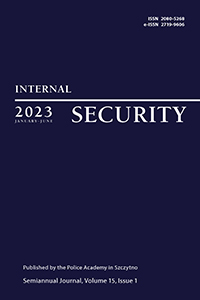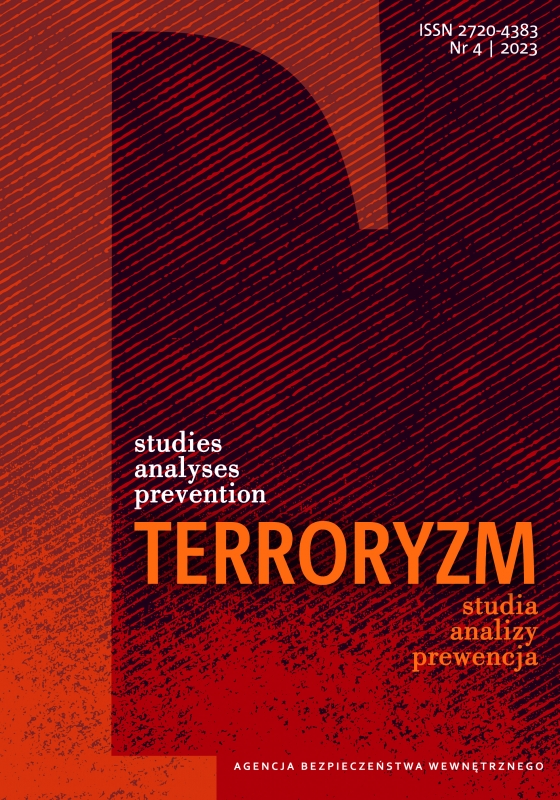
Wybrane aspekty przestępczości z wykorzystaniem walut wirtualnych
The article consists of two parts. The first discusses issues related to the functioning of the crypto-assets market in Poland and internationally and the planned changes in the regulations governing this market. They concern the legal status of digital tokens and their use in money laundering and terrorist financing, as well as the obligations of obliged institutions in the anti-money laundering system. The second part of the study focuses on procedural and non-procedural issues related to virtual currencies. The status of the digital artefact in criminal proceedings, operational work and the conduct of investigations with a view to combating cryptocurrency crime are discussed. The article concludes with demands addressed to law enforcement and law enforcement agencies. The aim of the article is to provide a comprehensive overview of the issues related to the use of virtual currencies in the commission of crimes, covering in particular AML and terrorist financing issues.
More...
